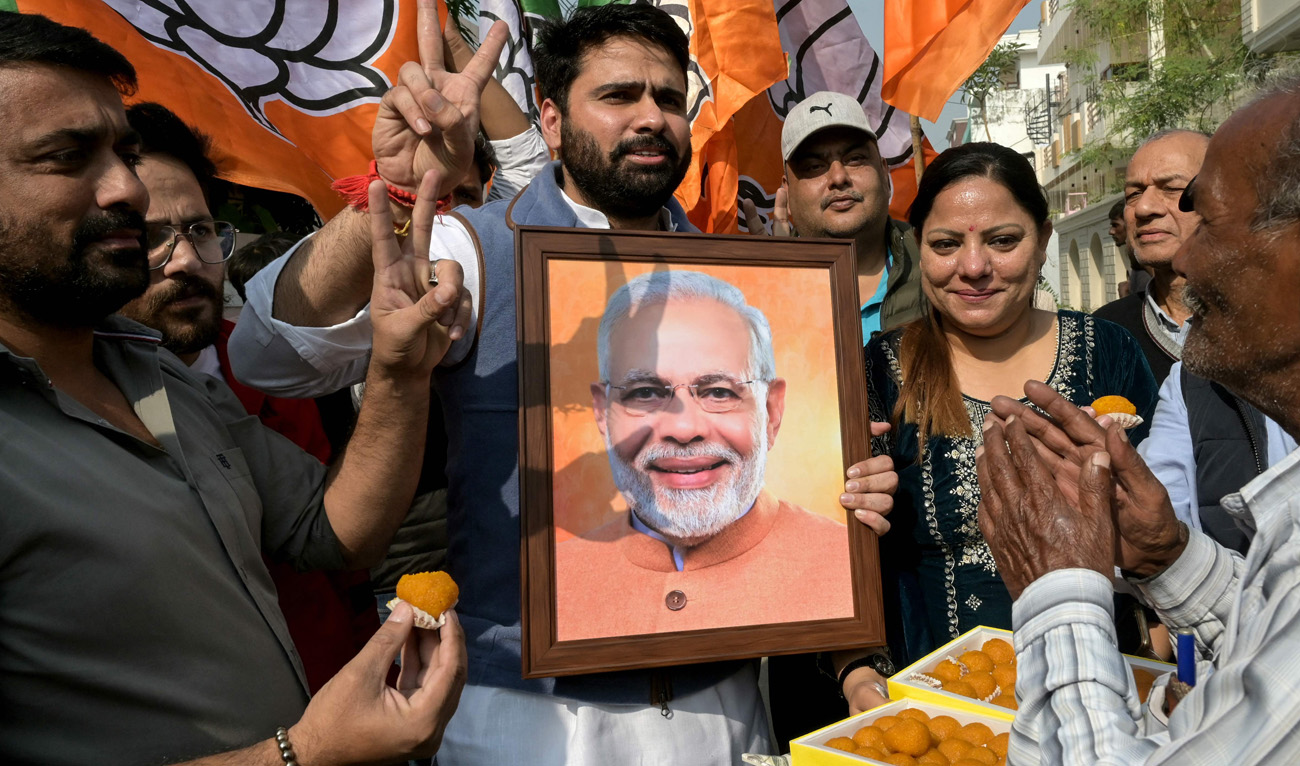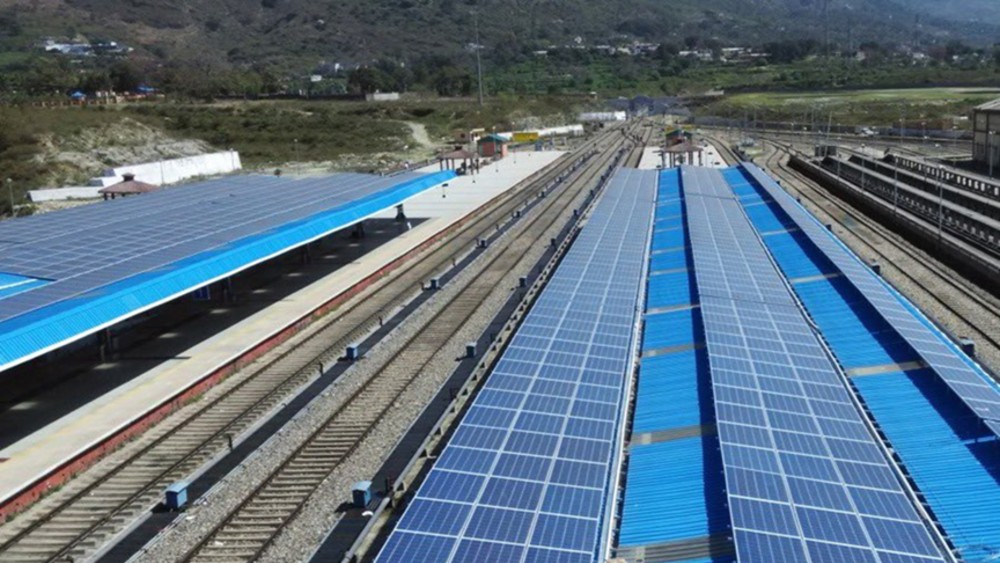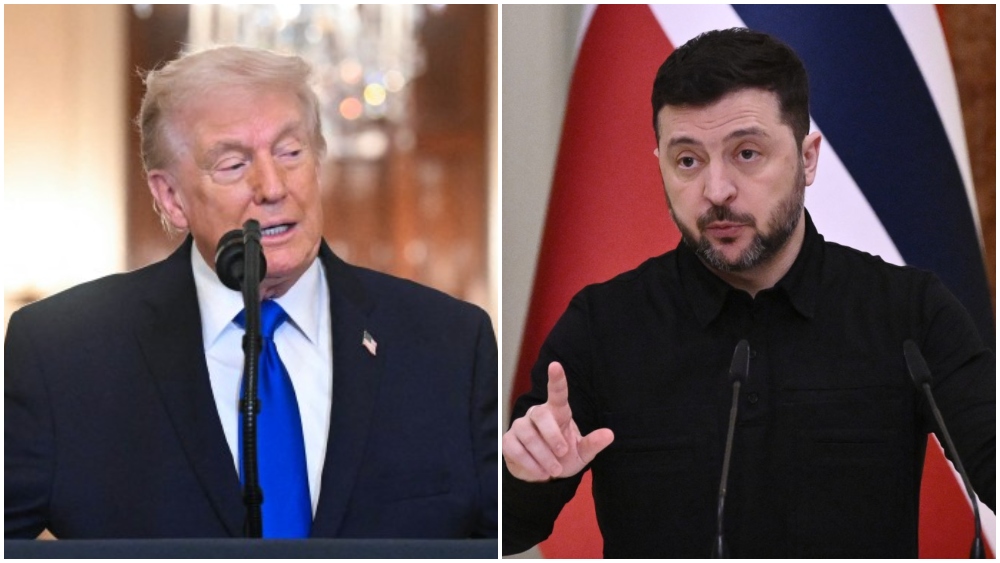ISLAMABAD: India’s opposition leaders on Saturday criticized the ruling Bharatiya Janata Party (BJP) of orchestrating a large-scale voter purge that they say helped the National Democratic Alliance (NDA) clinch 128 constituencies in the 2025 Bihar assembly elections.
Leaders from the Kerala unit of the Congress party said their review of Election Commission of India data showed that “genuine voters were removed” during the Special Intensive Revision (SIR) of electoral rolls, alleging that the process disproportionately targeted “poor and vulnerable communities.”
According to the party, “no illegal immigrants were found,” contradicting long-standing claims used to justify extensive deletions.
Calling the exercise a “purge,” Kerala Congress leaders warned that the SIR process represented a broader strategy.
“If we do not realize the game plan of the BJP,” the party said, “it will quietly remove each one of us from the list, add dummy Brazilians in our place, cast votes on our behalf, and keep winning elections forever.”
The NDA won 202 out of 243 seats in the final tally, with the BJP securing 89 seats and its ally Janata Dal (United) winning 85. The opposition Mahagathbandhan, including the Congress and Rashtriya Janata Dal, suffered heavy losses, while Jan Suraaj failed to win a single seat.
The result marks the second time the NDA has crossed the 200-seat mark in Bihar, previously achieving 206 seats in 2010.
Opposition figures argue that the voter purge was paired with communal polarization. Critics have long accused the Modi government of deploying anti-Muslim rhetoric, with Indian Muslims, particularly in border districts such as Seemanchal, labeled “Bangladeshi infiltrators” to influence electoral behavior along religious and linguistic lines.
The SIR drive reportedly struck more than 6.5 million voters from the rolls, including approximately 600,000 Muslims and 1.6 million women. In some Muslim-majority areas, deletions reportedly reached 10% of registered voters. Meanwhile, several districts recorded unexplained increases in voter counts, prompting concerns about the addition of bogus entries.
Investigations cited by opposition figures also point to instances where local BJP officials allegedly submitted letters requesting the deletion of Muslim voters, requests that, according to critics, were not acted upon transparently.
Beyond the electoral impact, community leaders say the deletions have deepened mistrust and strained interfaith relations in several Muslim-majority districts.
Analysts warn the controversy reflects a growing crisis in India’s electoral system, with one senior opposition figure cautioning that “Indian democracy cannot remain inclusive when millions of citizens are quietly erased from voter lists.”


.jpg)



